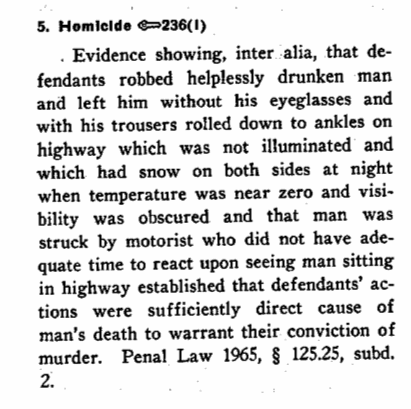“LIONEL Maybe it would be stroke of luck to be like you. I have nothing but conflicts. For instance, one day I think I ought to give up the world and be a religious leader, and the next day I’ll turn right around and think I out to throw myself deep into politics. (VIVIAN, bored, starts untying her beach shoes) There have been ecclesiastics in my family before. I come from a gloomy family. A lot of the men seem to have married crazy wives. Five brothers out of six and a first cousin did. My uncle’s first cousin boiled a cat alive in the upstairs kitchen.
VIVIAN What do you mean, the upstairs kitchen?
LIONEL We had the top floor fitted out as an apartment and the kitchen upstairs was called the upstairs kitchen.
VIVIAN (Hopping to her feet) Oh, well, let’s stop talking dull heavy stuff. I’m going to swim.”
(Jane Bowles, In the Summer House, pp. 231–2 in My Sister’s Hand in Mine: The Collected Works of Jane Bowles.)
